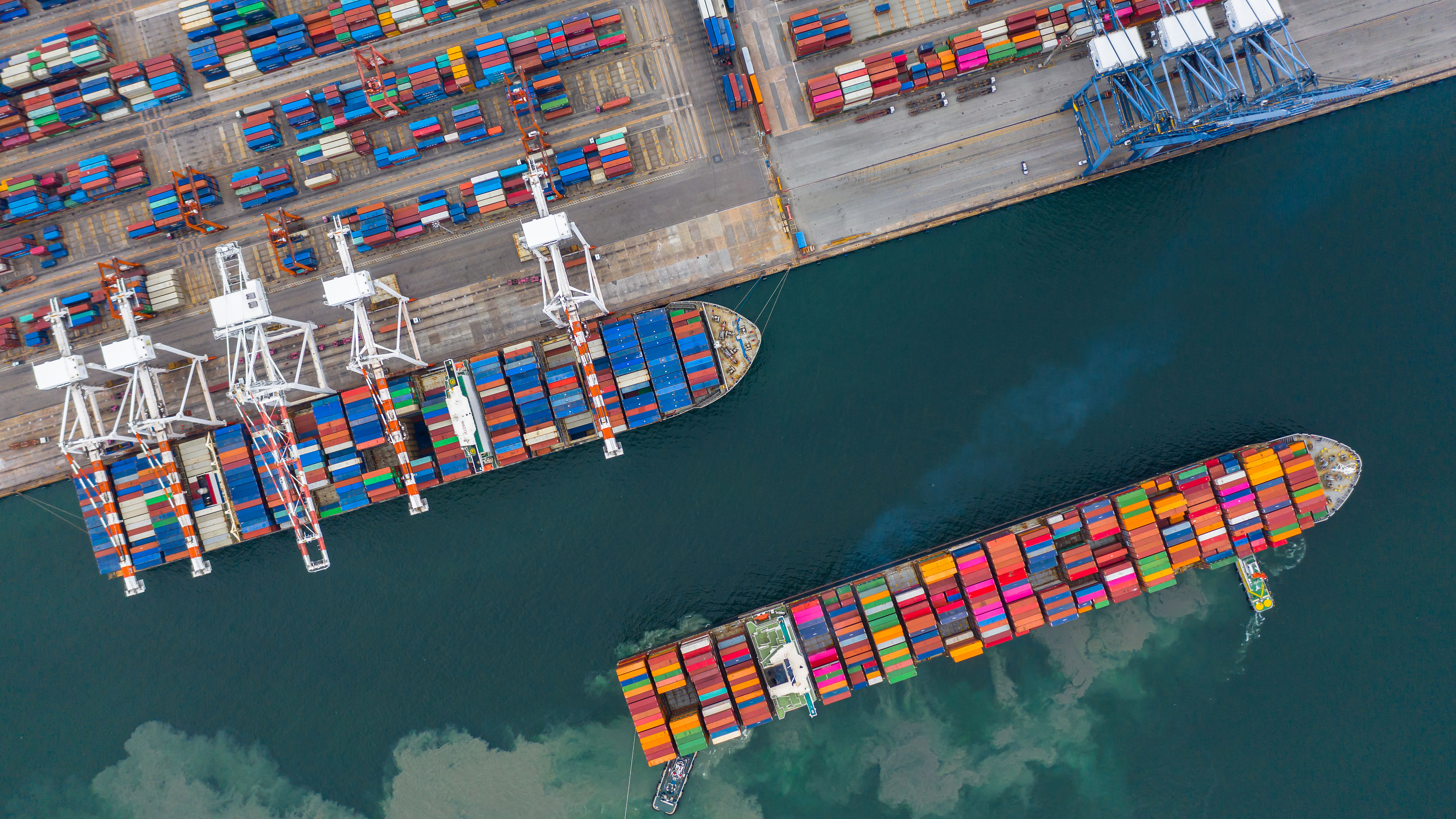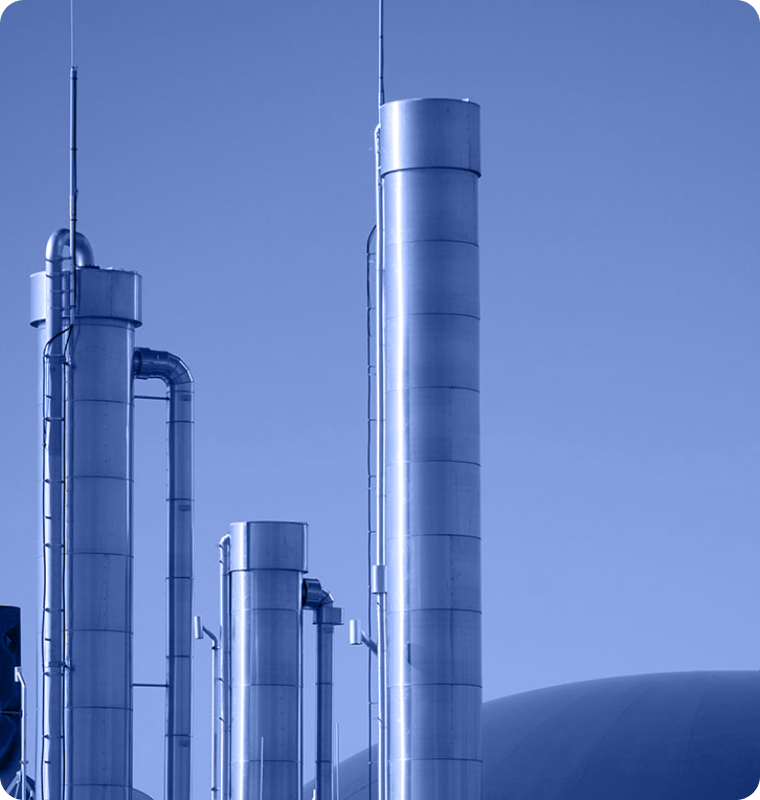CO2 Emissions
At the EU level, maritime transport represents 3 to 4% of the EU’s total CO2 emissions, and marine fuel is one of the most important levers to reduce greenhouse gas (GHG) emissions within the fleet.
INDUSTRY INSIGHT: MARITIME


At the EU level, maritime transport represents 3 to 4% of the EU’s total CO2 emissions, and marine fuel is one of the most important levers to reduce greenhouse gas (GHG) emissions within the fleet.
The vast majority of ships use very low sulphur fuel oil (VLSFO), which contains, for example, sulphur oxides (SOx), thereby causing major health and environmental harm.
The European Union (EU) as well as the International Maritime Organization (IMO) have imposed several regulations and strategies in recent years to further drive industry decarbonisation (adoption of FuelEU Maritime, inclusion in EU-ETS, MEPC 80).
The Challenge
With emerging regulations, cargo and cruise ship operators must move away from fleets designed for conventional fossil fuels. The shift to alternative fuels—such as Liquefied Natural Gas (LNG), Methanol, Ammonia, and Hydrotreated Vegetable Oil (HVO)—is vital, as these fuels impact ship design, engine specifications, storage, and operations. Ships, built for over 20 years of service, need to be compatible with alternative fuels for future compliance. This urgency is reflected in the rising orders for LNG-fueled vessels, where fossil LNG is seen as a "bridge fuel" in the transition to greener options.
The Solution
production
0%
lower production cost compared to e-Methanol
emission
0%
lower emissions compared to Low-Sulfur Fuel Oil (LSFO)
energy density
0%
higher energy density compared to e-Methanol
Drop-In Ready
Reliability
Competitive Edge
DEEP DIVE
Explore our in-depth analyses and expert insights on industry trends.
UTILITIES

ENERGY INTENSIVE INDUSTRIES

Contact
TURN2X GmbH
Am Kartoffelgarten 14
81671 München
Germany
info@turn2x.com